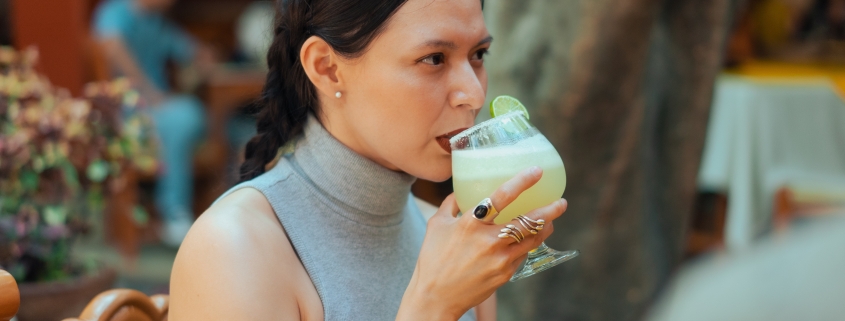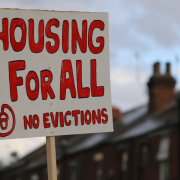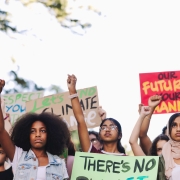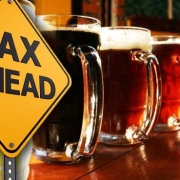Alcohol is Hurting Women
October is Breast Cancer Awareness Month. During this time dedicated to women’s health, it would be remiss not to reflect on a dramatic truth – women are drinking more than ever, and unfortunately, alcohol use is correlated to cancer.
Although 5-10% of breast cancers are attributed to genetic history, we now know alcohol is causally related to breast cancer. Even consumption of up to one drink per day is associated with increased risk of alcohol-related cancers (mainly breast cancer). Risk appears to be higher among heavy drinkers and binge drinkers, but even light drinkers have elevated risk.
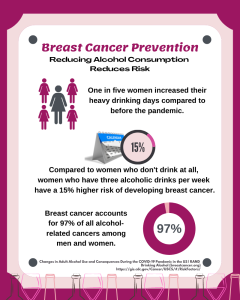 What does this mean for women? A lot, according to recent data. Women are closing the gender gap in alcohol consumption, binge-drinking and alcohol use disorder. What was previously a 3-1 ratio for risky drinking habits in men versus women is closer to 1-to-1 globally. The COVID-19 pandemic of 2020 has only added to this trend. According to a RAND Corporation study, women have increased their heavy drinking days by 41% compared to before the pandemic. This is due in part to the prolonged psychological stress and increased anxiety, particularly for women with children under age 18.
What does this mean for women? A lot, according to recent data. Women are closing the gender gap in alcohol consumption, binge-drinking and alcohol use disorder. What was previously a 3-1 ratio for risky drinking habits in men versus women is closer to 1-to-1 globally. The COVID-19 pandemic of 2020 has only added to this trend. According to a RAND Corporation study, women have increased their heavy drinking days by 41% compared to before the pandemic. This is due in part to the prolonged psychological stress and increased anxiety, particularly for women with children under age 18.
Adding to the problem, the alcohol industry is turning a blind eye to the breast cancer connection and aggressively targeting women. “Pink-washing” is a common practice. Multiple brands co-opt the pink ribbon with packaging taglines such as “Join the Fight- Drink Pink”, or “Helping Women Now.” Lower calorie alcohol options are abundant and intended to appeal to women. Overall, the industry ensures alcohol availability is pervasive. The message? Consumption is appropriate for every occasion.
So what can be done? A combination of education and policy approaches are the best way to reduce alcohol consumption and cancer rates. Most women are unaware of the link between alcohol and cancer. According to the Public Health Institute, 17% of women don’t know that drinking has a negative impact on their breast health. A 2017 telephone survey found that just 39% of respondents knew drinking alcohol increases one’s risk of getting cancer.
Policy changes could include incorporating cancer warnings on alcohol bottles and cans – a measure being advocated for by several consumer and public health groups. Increases in alcohol tax so the industry shares the burden of harm are not only reasonable, but also appear to impact rates of binge drinking. Limiting alcohol availability and youth access to alcohol does as well.
In a culture where alcohol is oftentimes marketed as synonymous to a good time or promoted incorrectly as a means of stress release, policy changes like these can lead to more informed behavioral decisions and healthier lifestyle choices. The bottom line is, reducing alcohol intake also reduces breast cancer risk. We can all have a role in breast cancer prevention.
Find out if you qualify for a free or low-cost mammogram here.
Author:
Susan Caldwell
Senior Program Manager, IPS
Susan Caldwell is a Senior Program Strategist at the Institute for Public Strategies, a Southern California-based nonprofit that works alongside communities to build power, challenge systems of inequity, protect health and improve quality of life.

